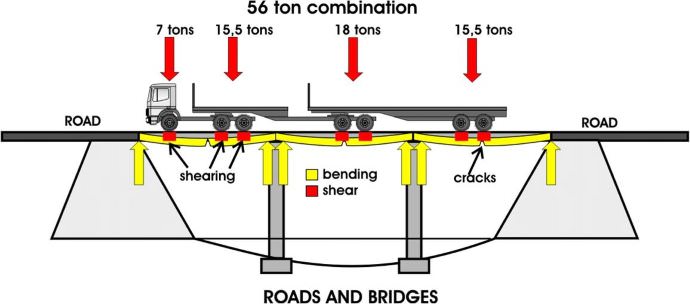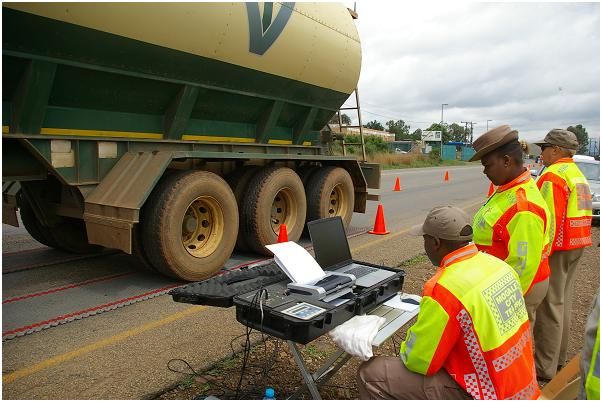Triple blow loads additional costs on road transport operators

The recent 30 cents a litre increase in the fuel levy which came into effect on 01 April 2016, another rise in interest rates and the recent consignor/consignee legislation will add more layers of cost on a transport industry that is struggling to remain profitable, says Standard Bank Vehicle and Asset Finance.
Operators competing for market share in an environment dominated by shrinking profit margins would respond in various ways to cope with the increased costs created by these major changes, says Toni Fritz, Head of Vehicle and Asset Finance: Business at Standard Bank.
Small and large operators alike who would normally consider buying new trucks will now probably lengthen their replacement cycles to avoid the higher costs of replacing vehicles.
This will have implications on the maintenance costs of vehicles, which will rise as vehicles become older. For smaller operators working on the fringes of the industry and low margins, the costs could lead to reduced maintenance – a concern when the roadworthiness of vehicles is considered.
“Coping with an increased fuel price will see costs being passed on to customers. In regions where competition is tough, many other operators will be forced to absorb the additional cost – again, maintenance and roadworthiness will then also be impacted upon.”
In addition, what still has to be quantified is the costs of the new consignor/consignee legislation that will demand certain standards are maintained by transport operators moving more than 500 000 kilograms of freight a month,” Ms Fritz mentions.
“Although the legislation focuses on reducing the overloading of vehicles, the damage to roads and demands that operators are insured – changes which are to be lauded – the costs of adhering to the law will undoubtedly impact the industry,” says Ms Fritz.
This impact had to be seriously considered in a country where the lack of bulk rail infrastructure is forcing consignors of goods to use road transport to meet the demands of customers.
Key requirements of the legislation are that:
- A consignor and consignee must take ‘all reasonable steps’ to avoid overloading a vehicle;
- A consignee is a party who is accepting more than 500 000 kilograms of freight per month;
- In the event of a prosecution, the consignor or consignee must be able to show what steps has been taken to avoid the overloading of vehicles;
- Accurate documentation must be maintained as it could be used in evidence in court;
- A consignor, if the vehicle ‘is not loaded in terms of the provisions for the loading and transportation of goods as prescribed in this Act’, must have a written submission as to the payload of such vehicle and the distribution of such load on a vehicle.
- If a consignor is responsible for the loading of a vehicle of an operator, he or she shall take such steps as are necessary to ensure that the vehicle is loaded correctly in terms of the Act.
- A consignor or consignee cannot conclude a contract with the operator to transport goods on a vehicle, if the vehicle is overloaded when the load is transported.
- Insurance that provides for any incident that is caused by a load while being transported.
“The practical impact of the legislation is that to comply, operators will have to install specialised weighbridges to measure axles and axle unit weights, which is a considerable cost for many operators. Increased administration costs and time lost through completing the shopping list of requirements for documentation also have cost implications. Add the cost of comprehensive liability insurance and the financial pressures become even more onerous,” Ms Fritz adds.
“The bright spots in the equation are the possibilities that there will be fewer incidents involving overloaded trucks, overall safety will improve and road infrastructure will be less damaged as has been the case in the past. These outcomes will also depend on the delivery of law enforcement on our roads,” she concludes.
Also view:
Consignor/Consignee Road Freight Legislation and Overloading
Fleet Management, Logistics and Road Safety




